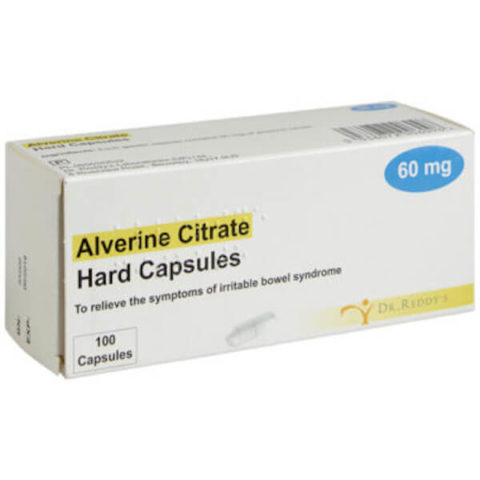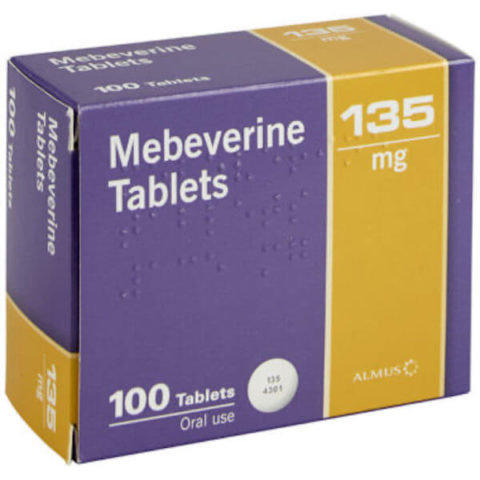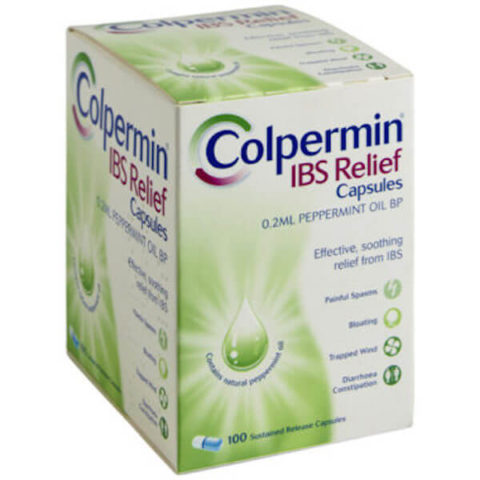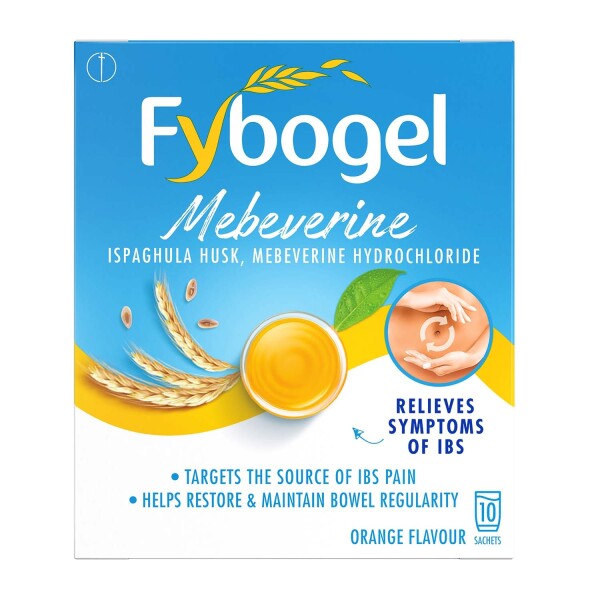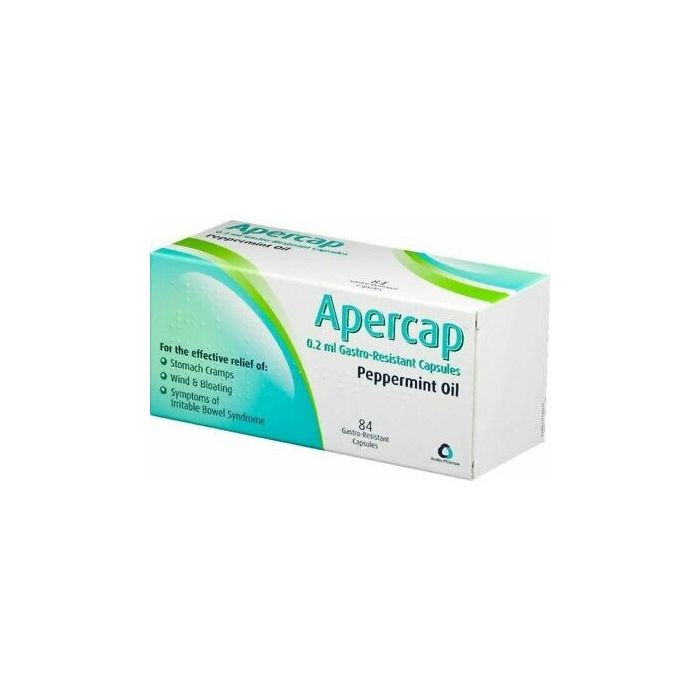About Irritable Bowel Syndrome
What is IBS?
Irritable Bowel Syndrome (IBS) is a common digestive disorder that affects the large intestine. This chronic condition causes symptoms like abdominal pain, bloating, and changes in bowel habits without showing any visible damage to the digestive tract.
IBS is considered a functional gastrointestinal disorder, meaning the digestive system looks normal but doesn’t function properly. While a normal digestive system processes food without causing discomfort, IBS causes the intestines to be more sensitive and can change how quickly food moves through your digestive system.
IBS Symptoms
Symptoms of IBS will vary from person to person. You might be experiencing IBS if you notice:
- Abdominal pain or cramping, often relieved after bowel movements
- Bloating and excess gas
- Diarrhoea, constipation, or alternating between both
- Mucus in your stool
- Changes in how often you pass stools
- Changes in the appearance of stools
- Feeling that your bowels haven’t emptied completely
- Increased urgency to have bowel movements
What causes IBS?
Doctors don’t fully understand exactly what causes IBS, though several factors contribute to its development. These include irregular muscle contractions in the intestine, nervous system issues affecting gut-brain communication, previous intestinal infections, and imbalances in gut bacteria.
Certain triggers often worsen IBS symptoms, including specific foods, stress, hormonal changes, and other health conditions. Many people find their symptoms flare up after eating dairy, wheat, citrus fruits, beans, or carbonated drinks.
Mental health conditions such as anxiety and depression frequently occur alongside IBS, highlighting the strong connection between your brain and digestive system (the gut-brain axis).
IBS Relief & Treatment
While there’s no cure for IBS, several treatment options can effectively manage and reduce symptoms.
Over-the-Counter Treatment
Many IBS sufferers find relief with over-the-counter remedies. Colpermin, which contains peppermint oil capsules, has natural antispasmodic properties that relax intestinal muscles and reduce painful spasms. Peppermint oil works by blocking calcium channels in the gut, helping to soothe irritable bowel muscles.
Fybogel, containing ispaghula husk, provides soluble fibre that can regulate bowel movements and is beneficial for both constipation and diarrhoea-predominant IBS. Probiotics may also help restore healthy gut bacteria balance, though you might need to try different strains to find what works for you.
IBS Tablets
Prescription IBS tablets can provide targeted relief for common symptoms. Alverine citrate relaxes the smooth muscles of the gut, helping to ease stomach cramps associated with IBS. Mebeverine works similarly by directly targeting the muscle spasms in your digestive tract without affecting normal gut motility. These antispasmodic medications are particularly helpful for managing abdominal pain and are typically taken before meals to prevent discomfort.
After a brief online consultation, our pharmacists can determine if these treatments are suitable for your specific symptoms and help you choose the most appropriate option.
Diet and Lifestyle Changes
Simple lifestyle adjustments can help provide symptom relief. Keep a food diary to identify your personal triggers – common culprits include dairy, wheat, certain fruits, caffeine, alcohol, and high-FODMAP foods.
Regular exercise helps regulate bowel movements and reduces stress, and stress management techniques like meditation, deep breathing, or yoga can prevent flare-ups.
Eating regular, smaller meals rather than large ones puts less strain on your digestive system. Staying well-hydrated and getting enough sleep also support gut health and can reduce symptom severity.


